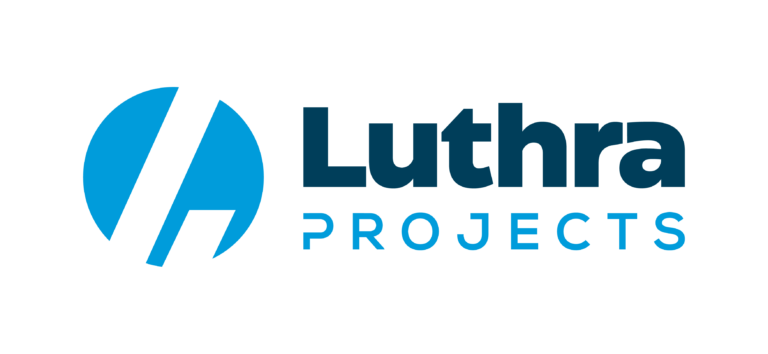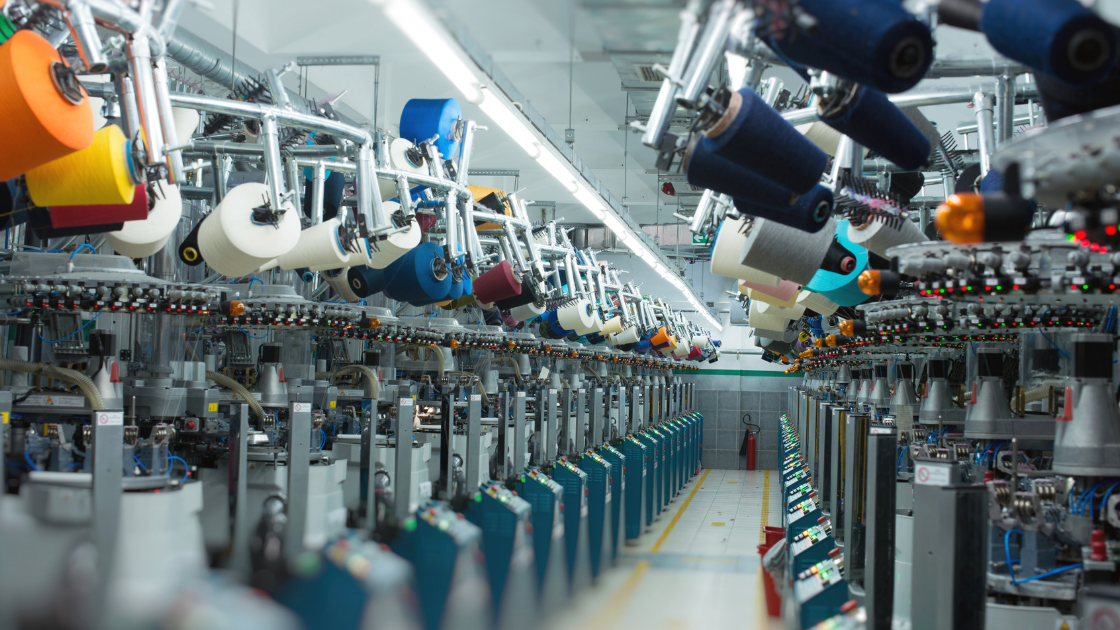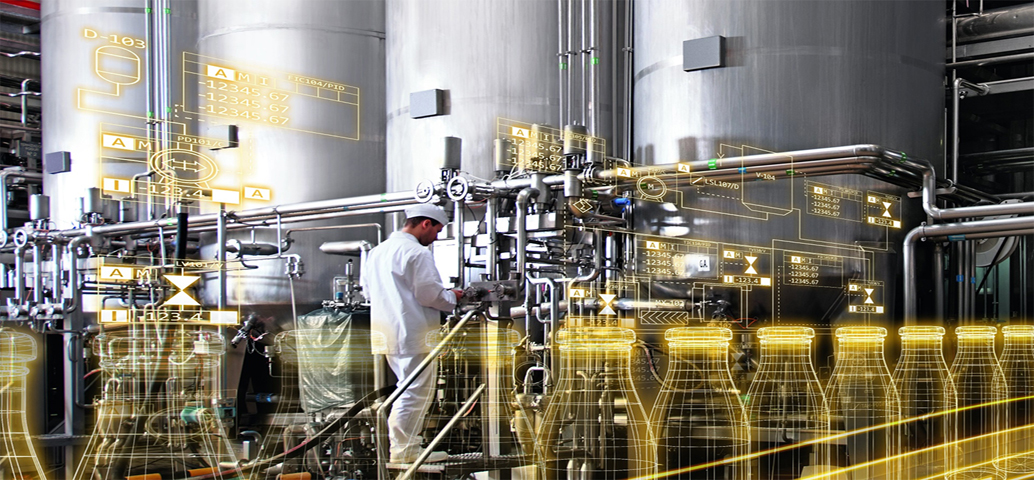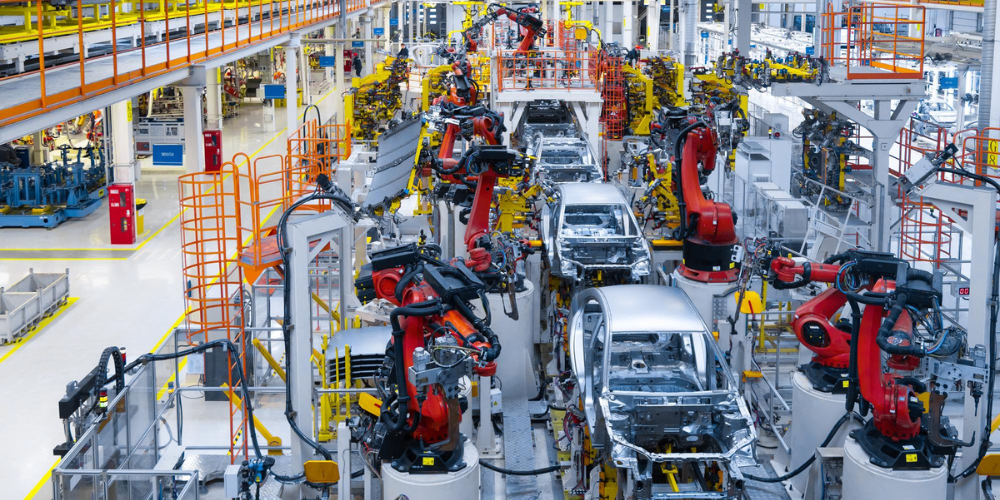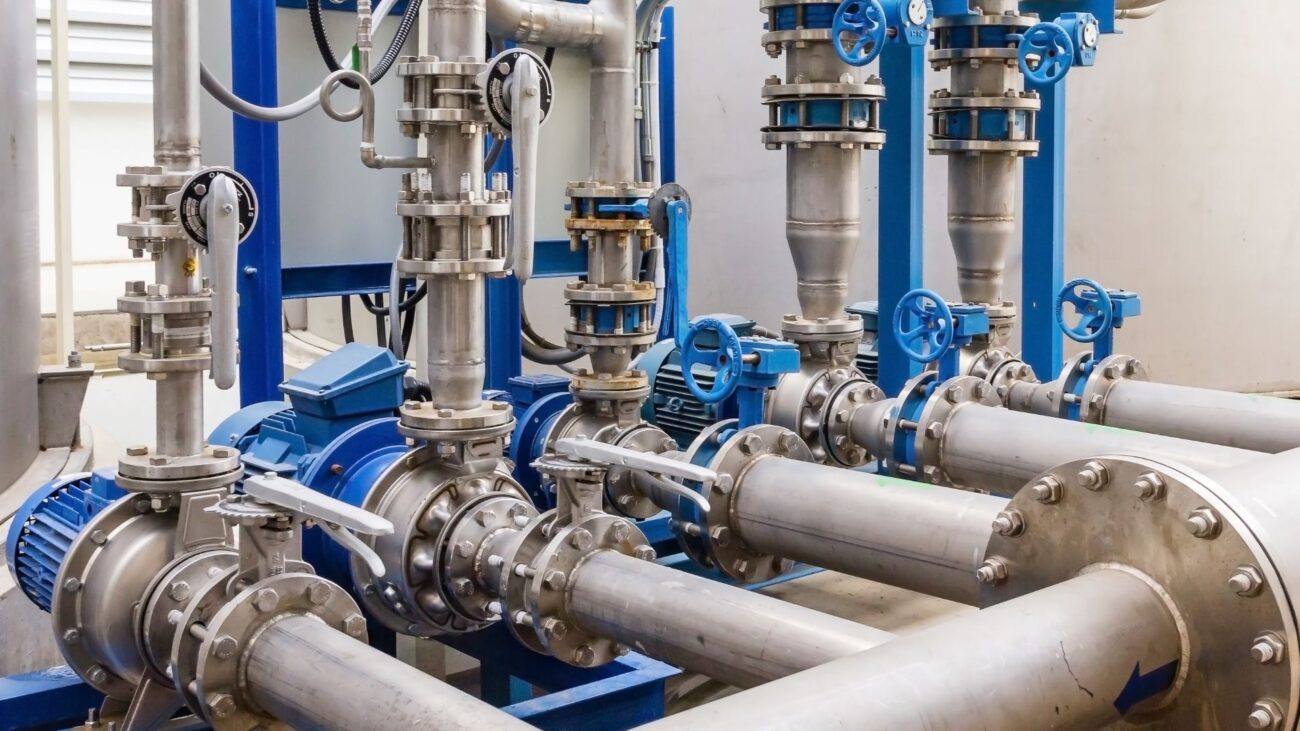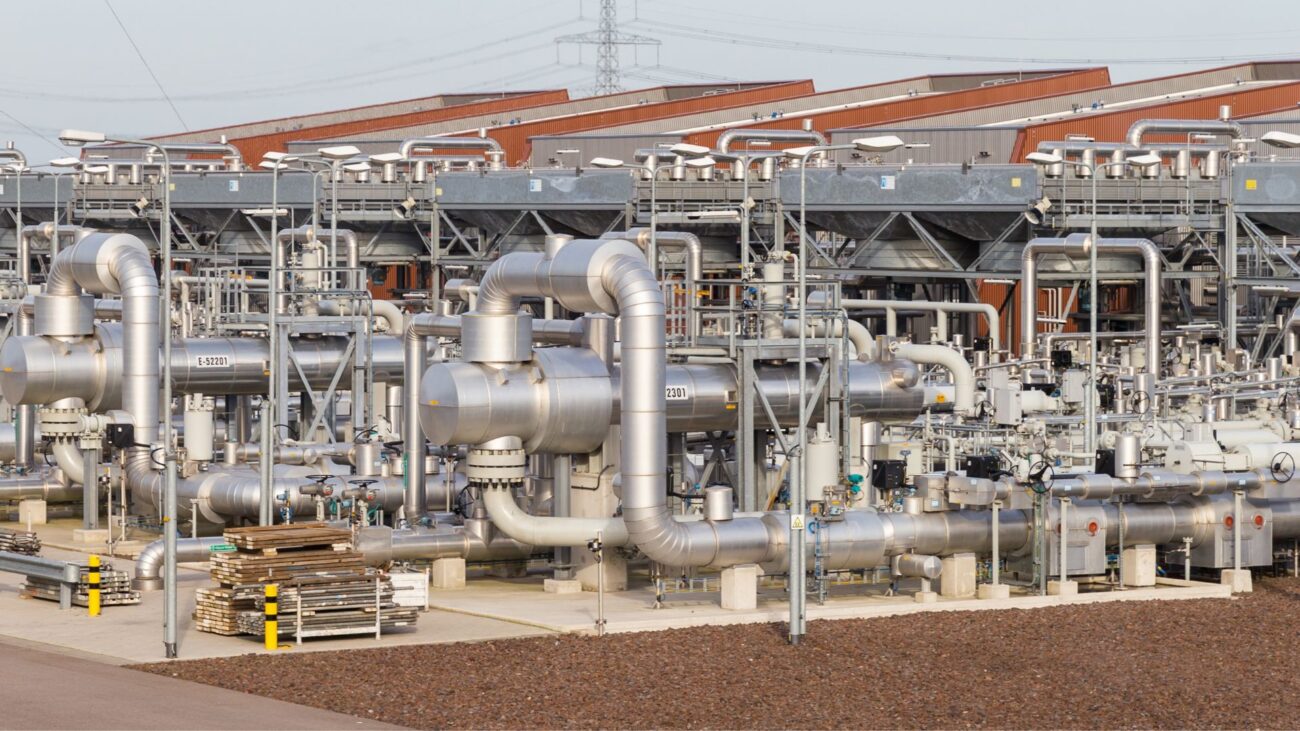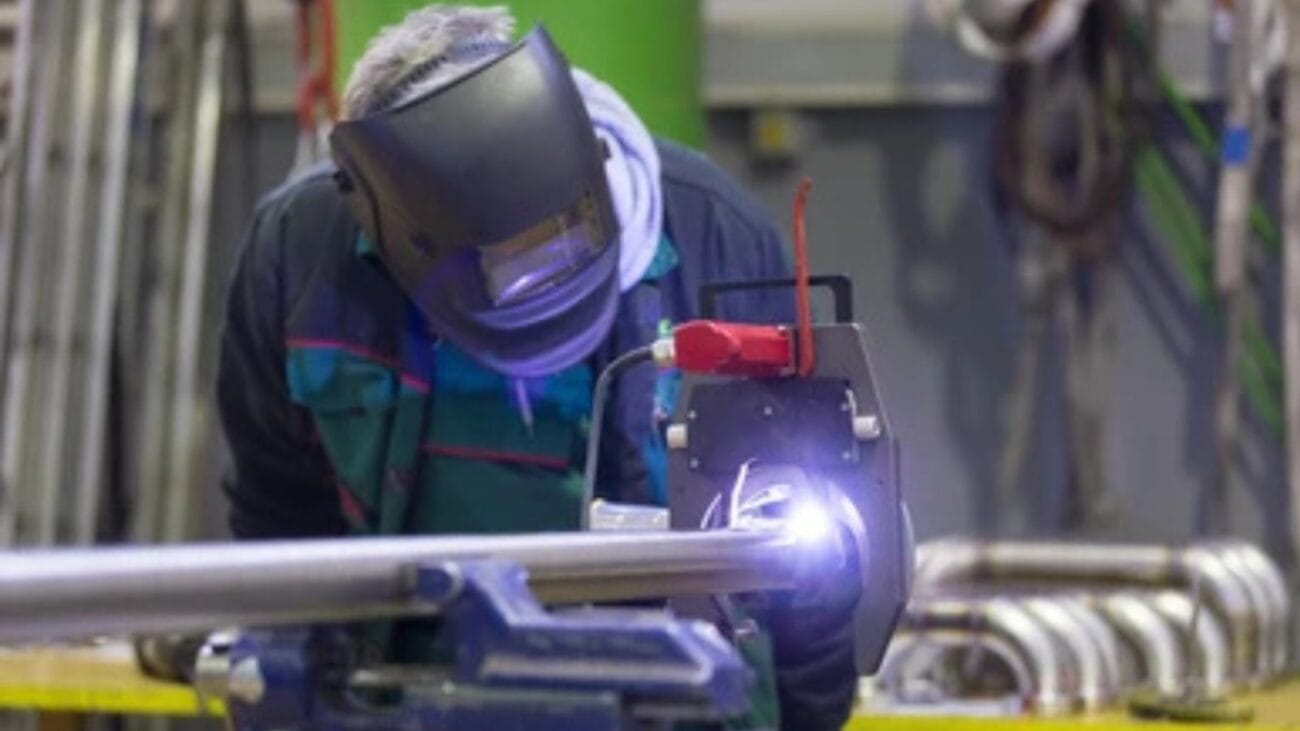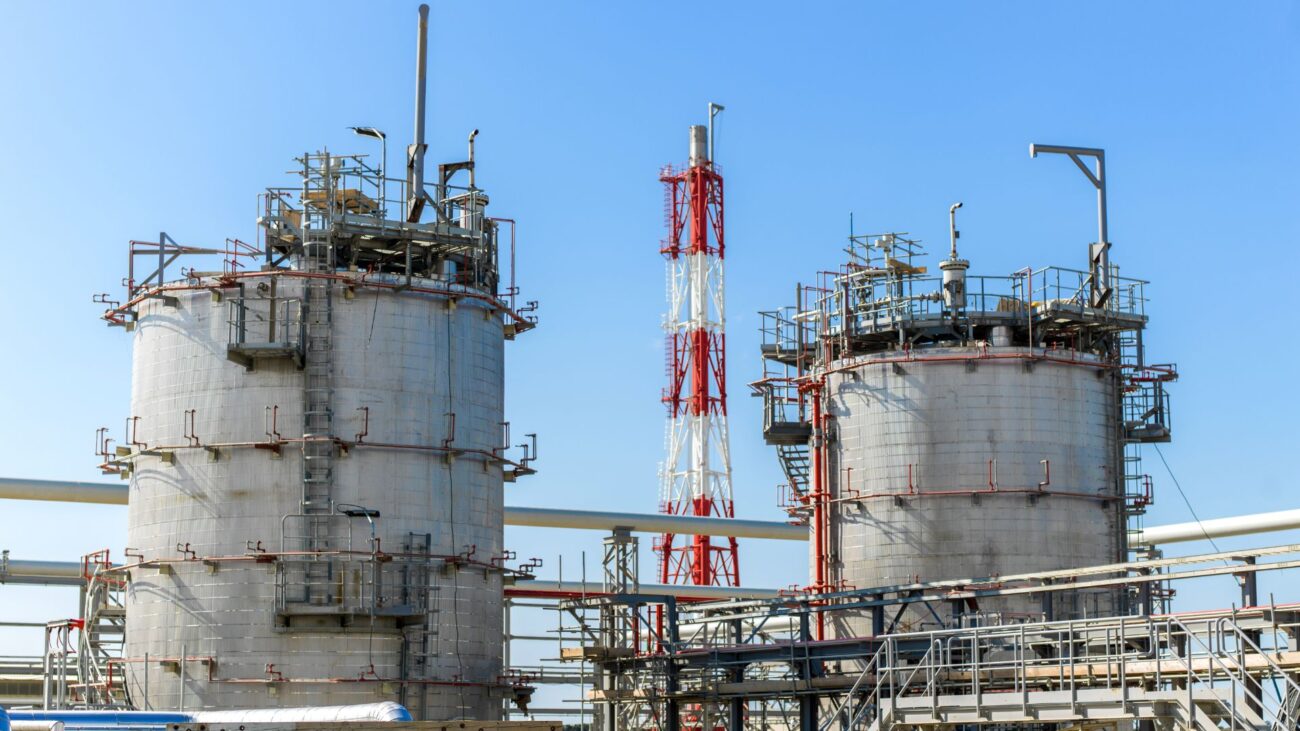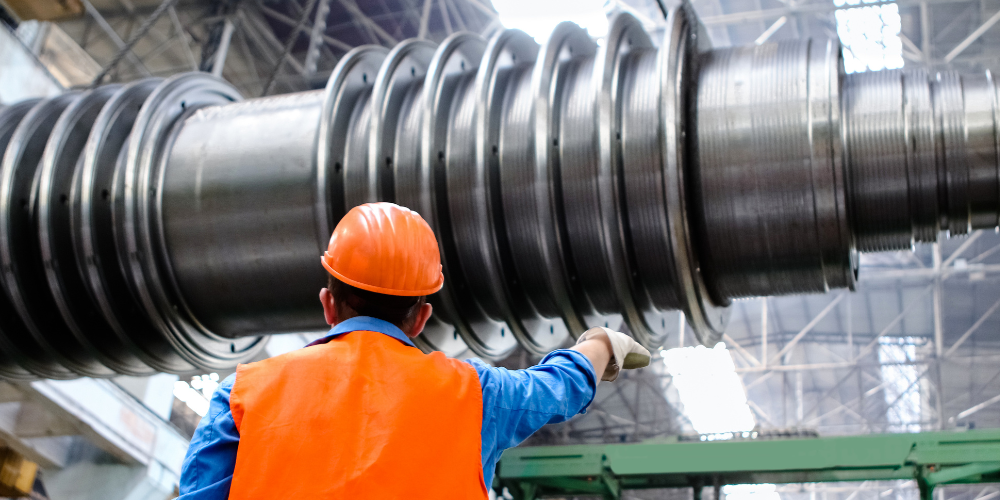Engineered Pipelines for the Textile Industry
The textile manufacturing process demands precise, safe, and reliable fluid handling at every stage—from dye mixing to water treatment. At Luthra Projects, we design and deliver custom pipeline systems that ensure uninterrupted supply of water, dyes, chemicals, and process fluids across textile production facilities.
Our solutions are engineered to handle the corrosive chemicals, high temperatures, and strict hygiene requirements of textile plants. Whether it’s for dyeing operations, chemical dosing, or wastewater recycling, our pipelines are built for long-lasting performance and compliance with industry safety standards.
Key Advantages of Our Textile Pipeline Systems
Seamless Fluid Transport
- Efficient delivery of water, dyes, and additives ensures smooth operations in dyeing, washing, and finishing units.
Corrosion & Heat Resistance
- We use stainless steel, HDPE, and chemical-resistant materials to withstand acidic dyes, hot liquids, and aggressive chemicals.
Hygienic Operations
- Our designs prevent contamination, maintaining the purity and consistency of textile processing fluids.
Low Maintenance, High Uptime
- Durable systems mean fewer shutdowns, allowing for consistent production schedules.
Flexible & Scalable Design
- Pipelines can be integrated into existing mills or expanded as production capacity grows.
Tailored Solutions for Textile Manufacturing
- Dye Delivery Pipelines – For accurate transfer of colorants to dye baths and printing lines
- Water Supply Systems – For washing, bleaching, and finishing processes
- Chemical Handling Lines – For additives, softeners, and treatment agents
- Cooling Water Circuits – For process machinery and temperature-sensitive operations
- Wastewater Management – For recycling and effluent treatment plants
- Lubrication Lines – For knitting, weaving, and finishing equipment maintenance
Materials for Textile Industry Pipelines
- Stainless Steel (SS 304/316): Corrosion-resistant for chemical and dye transport
- HDPE: Flexible and durable for water and wastewater applications
- PVC/CPVC: Excellent for chemical dosing systems
- Polypropylene (PP): Resistant to abrasive and caustic solutions
- Flexible Hoses: Ideal for mobile dyeing units and tight installations
Our Project Execution Process
- Needs Assessment – Studying production flow and process requirements
- Custom Engineering – Designing pipelines for optimal flow rates and temperature control
- Material Selection – Choosing chemical and heat-resistant materials
- Fabrication & Installation – Precision manufacturing and plant-friendly installation methods
- Testing & Safety Audits – Pressure checks, leak detection, and compliance verification
- Ongoing Support – Preventive maintenance and upgrade services
Why Textile Manufacturers Trust Luthra Projects
- In-depth knowledge of dyeing, printing, and finishing processes
- Chemical-resistant, hygienic designs for quality assurance
- End-to-end services from concept to commissioning
- Proven ability to reduce downtime and cut maintenance costs
- Compliance with environmental and safety standards
With Luthra Projects’ textile industry pipeline solutions, manufacturers can achieve safe, efficient, and contamination-free fluid handling while reducing costs and downtime. Our custom-engineered, chemical-resistant pipelines are built to handle the toughest textile processes—ensuring smooth operations, compliance, and long-term reliability.
FAQs – Textile Industry Pipeline Solutions
Can your pipelines handle highly corrosive textile chemicals?
Yes, we use chemical-resistant materials like stainless steel, PP, and CPVC to ensure durability and safety.
Do you offer solutions for both small-scale mills and large plants?
Absolutely—we design pipelines for all production capacities, from boutique dyeing units to full-scale textile factories.
How do you ensure hygiene in fluid transfer?
We use smooth, non-reactive surfaces and design layouts to prevent fluid stagnation and contamination.
Can you integrate pipelines into existing textile facilities without major downtime?
Yes, our installation methods allow retrofits with minimal production disruption.
Do you provide wastewater recycling pipelines for textile plants?
Yes, we design wastewater recovery and treatment systems to meet sustainability goals.
